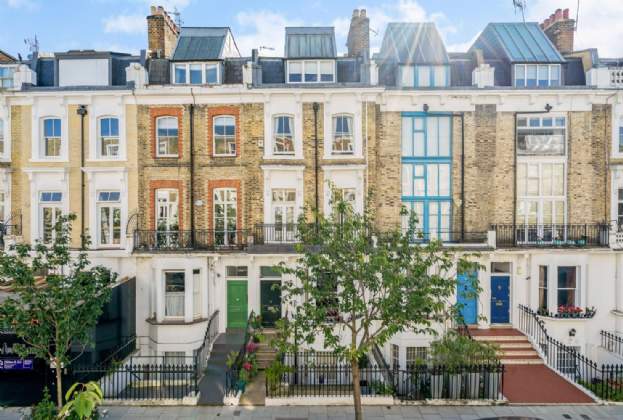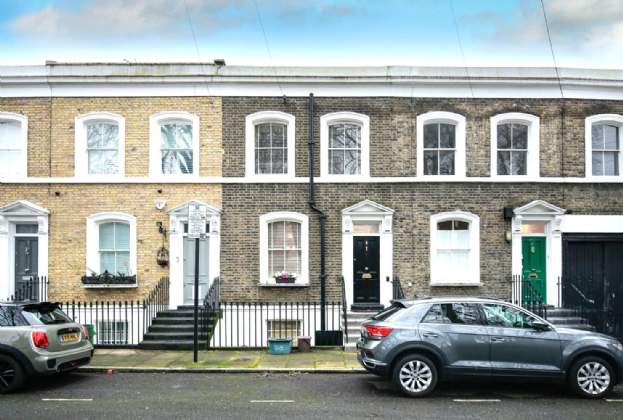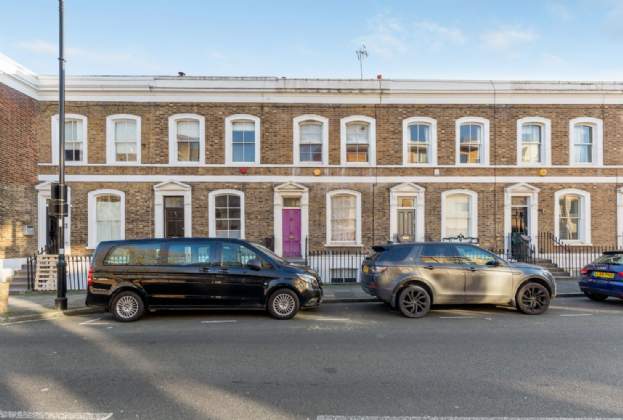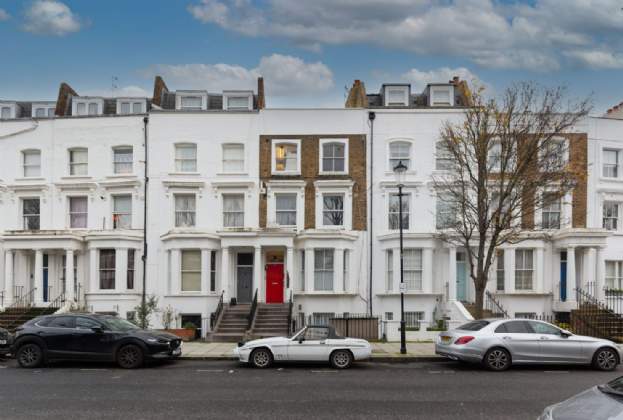If you're new to the auction rooms it's essential to understand what the most frequently used terms mean. Here's what you need to know:
Lot
This is the property or land in its entirety, as offered at the auction.
Addendum
An addendum is either an amendment or an addition to the conditions of the lot as seen in the auction catalogue. Alterations can often be made after the catalogue has been printed and could be anything from a change to the price to the size of the lot. When you arrive at an auction, always make sure to get a copy of the Addendum sheet, to you know everything you need to before making a bid. Look at the online catalogue too as this will always be the most up-to- date version.
Guide price
Guide Prices are indicative only and are generally within 10 per cent – upwards or downwards – of the reserve (see below) set at the time of the catalogue going to print, subject to the seller’s final instructions. They are not an indication of the anticipated sale price or a valuation.
It is the buyer’s responsibility to decide how much they should bid for any lot, and you should check for regular updates as guide prices are subject to change prior to the auction.
Reserve
This is the minimum price that the seller will accept for their lot, agreed with the auctioneer prior to the auction day. Most properties will have one, although it is a confidential amount and will not be disclosed to any interested parties.
Freehold and ground rent investments
These are popular auction lots as they offer investors a low barrier to entry, with good potential returns. Buying a ground rent gives the owner the freehold of a property, receiving regular payments from leaseholders. These have become increasingly sought after in recent years, as they enable buyers to access parts of the UK property market for a fraction of the price of a house.
Assured Shorthold Tenancy
Buying a property with an assured shorthold tenancy means it will not be vacant and will have a tenant in sit, for a certain pre-agreed length of time. Properties with existing tenants can often be a little cheaper than their vacant counterparts, and can offer a guaranteed income for the duration of the agreed tenancy.
Telephone bid
You can also bid over the phone. This is probably the most favoured means of bidding if you can’t make it to the auction room. You will be speaking to a member of the auction team in the auction room, who will then bid on your behalf.
Internet bid
Our auctions are always streamed live on our website and another way of bidding if you can't make it to the auction room is to do it online. However, to bid remotely, you need to fill out and sign the remote bidding form in advance. Find out more on our Auctions page.
Proxy bid
Like telephone and internet bidding, you can also arrange for a proxy bid, instructing the auctioneers to bid on your behalf for certain lots. Make sure to arrange this in advance, completing the official form and returning it to the auctions team along with your deposit cheque. You will be asked to state the maximum you are willing to bid for the lot, the auctioneer will then bid on your behalf up to that point.
Deposit
If you are successful in bidding for a lot, you will then be escorted to the contract room to fill out a purchase slip and pay a non-refundable 10 per cent deposit of the selling price. This can be paid either by a personal cheque, personal debit card or banker's draft. Please note that company or commercial cards are not acceptable.
Completion
This usually takes place 20 working days after the date of exchange, under the supervision of your solicitor.
Further information
For further advice and future auctions dates Savills Auctions
(1).jpg)
-ben-hodge--director-savills-auctions---richard-rees--savills-managing-director--robin-howeson--head-of-savills-auctions.jpg)
(2).jpg)




